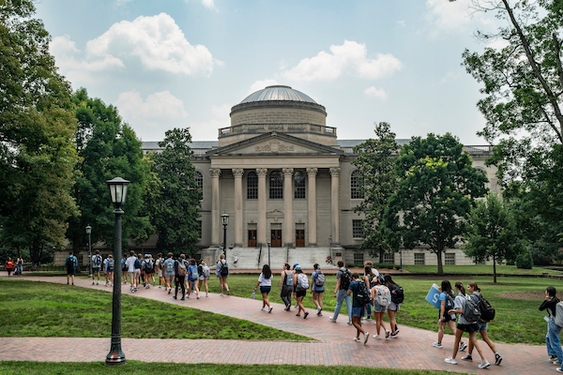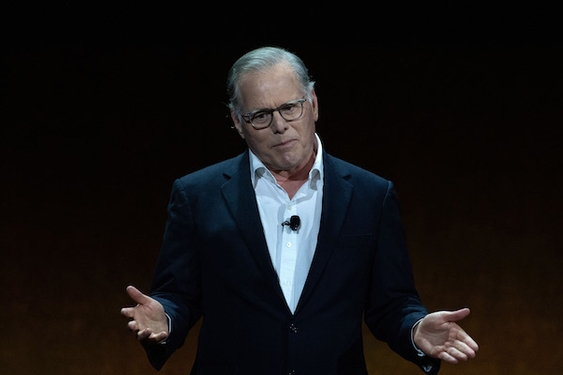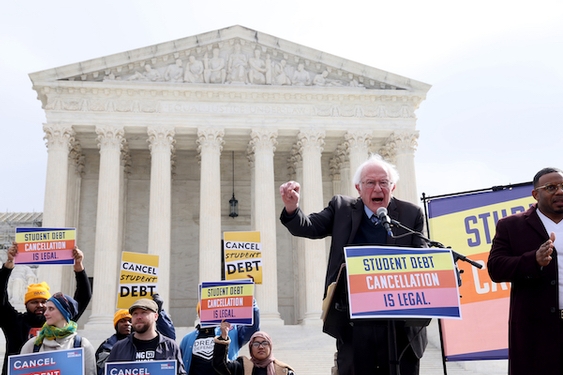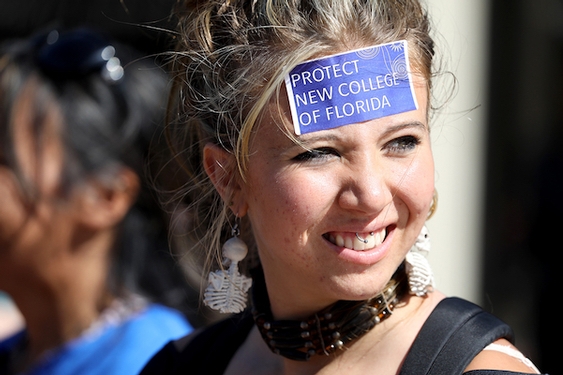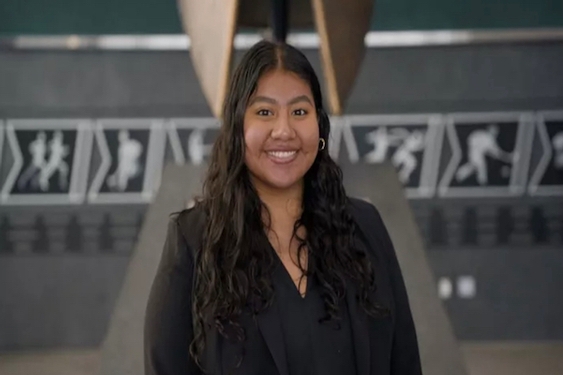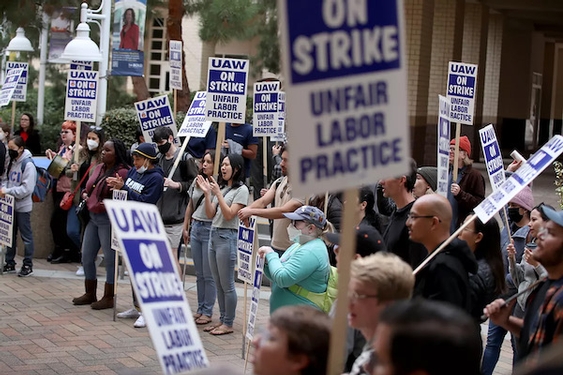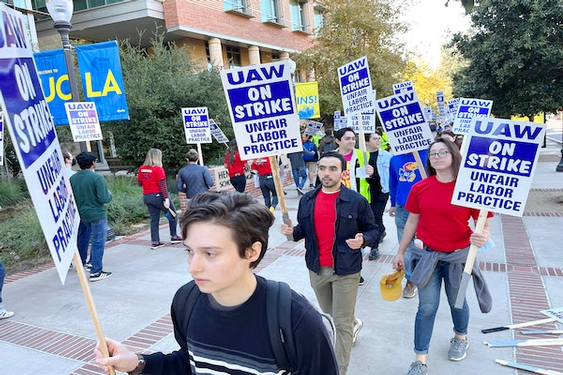BERKELEY, Calif. — This week, as university and civic leaders convene at the University of California, Berkeley, for a national conference on campus sexual assault, they will encounter a presentation that was not vetted by the event organizers — the victims’ unflattering view of Berkeley’s handling of sexual assault cases.
Students organizing a Wednesday evening protest — which will feature unsupportive quotes that rape victims attribute to administrators and others after reporting their attacks — say UC Berkeley should fix its own problems before presenting itself as a leader in the movement against campus rape.
One such quotation, allegedly made by an administrator: “How many times did you say no?”
Such activism is increasingly common at Berkeley and colleges across the country as activists demand their schools take campus rape more seriously. Berkeley is now one of more than 90 colleges under investigation by the federal Office for Civil Rights for its handling of sexual assault cases. The federal investigation was prompted by a complaint filed a year ago by more than 30 Berkeley students and alumni who alleged the university failed to adequately protect students from assault, properly investigate reports or sufficiently punish offenders.
A year later, little seems to have changed in the way the university treats sexual assault victims, who were only “nominally” included in the conference planning, said Meghan Warner, one of the protest organizers. She heads the student government’s commission on sexual assault and the organization Greeks Against Sexual Assault.
“It’s hard to see that people are going through pain, the same horrible stuff, and meanwhile the university is saying it’s a national leader,” Warner said.
UC Berkeley counters that it has improved its response and that it did consult with sexual assault victims as it put together the event. It has hired a confidential advocate for victims, created a new website and given victims more rights in the investigative process, among other changes, said campus spokeswoman Janet Gilmore. Last fall, Chancellor Nicholas Dirks announced the campus would block course registration for students who fail to complete required sexual assault education programs.
More needs to be done, Gilmore said, “and this national conference is a reflection of that commitment.”
The conference will include discussions of party culture, counseling for victims, ensuring fair campus investigations, media coverage, and the role of law enforcement, among many other topics.
Most of the two-day event — off-limits to the news media, Gilmore said, because of concerns that participants would be “less than forthcoming” — will take place off-campus, at the Doubletree Hotel in Berkeley.
The student protest is to take place Wednesday evening outside the only on-campus event, featuring Anita Hill. In 1991, Hill testified that Clarence Thomas, her former supervisor and a Supreme Court nominee, had sexually harassed her.
Warner, one of a handful of students presenting at the conference, said a small group of protesters will be on hand to answer questions as conference attendees enter the building.
Gilmore said the university commends the students for raising awareness and that it “would encourage these particular students to not only call out what they feel is lacking, but to work more closely with us in finding solutions.”
———
©2015 The Oakland Tribune (Oakland, Calif.)
Visit The Oakland Tribune (Oakland, Calif.) at insidebayarea.com
Distributed by Tribune Content Agency, LLC






